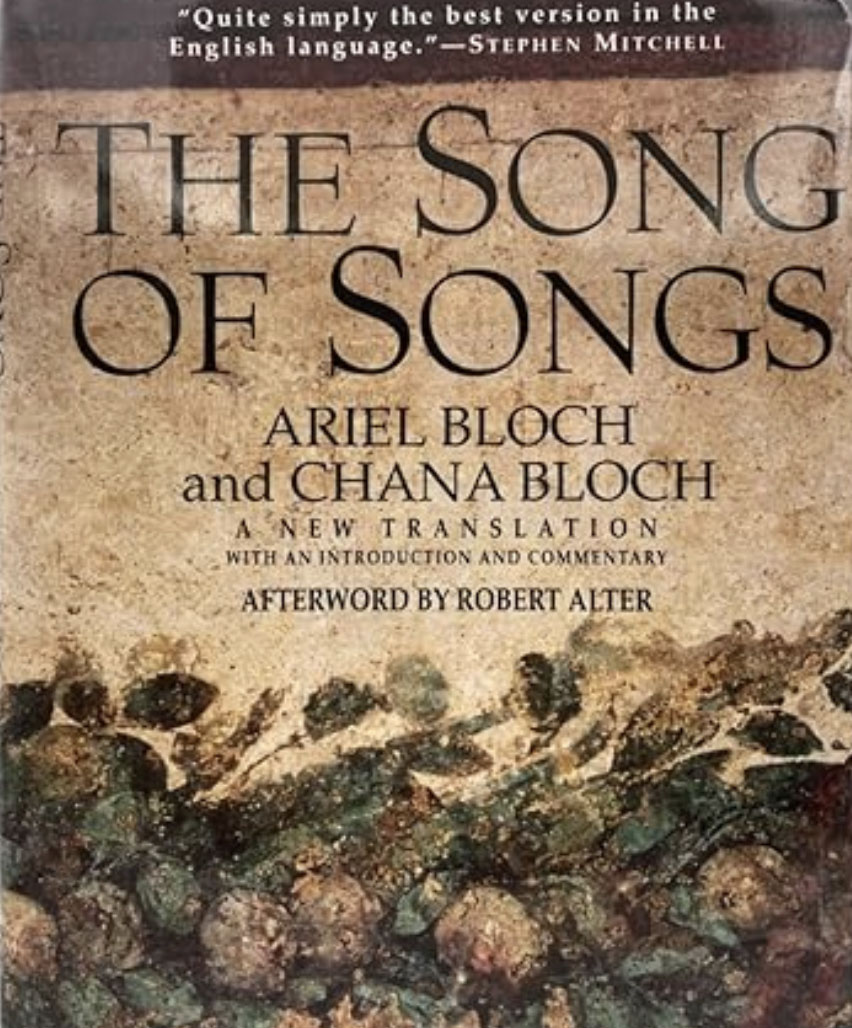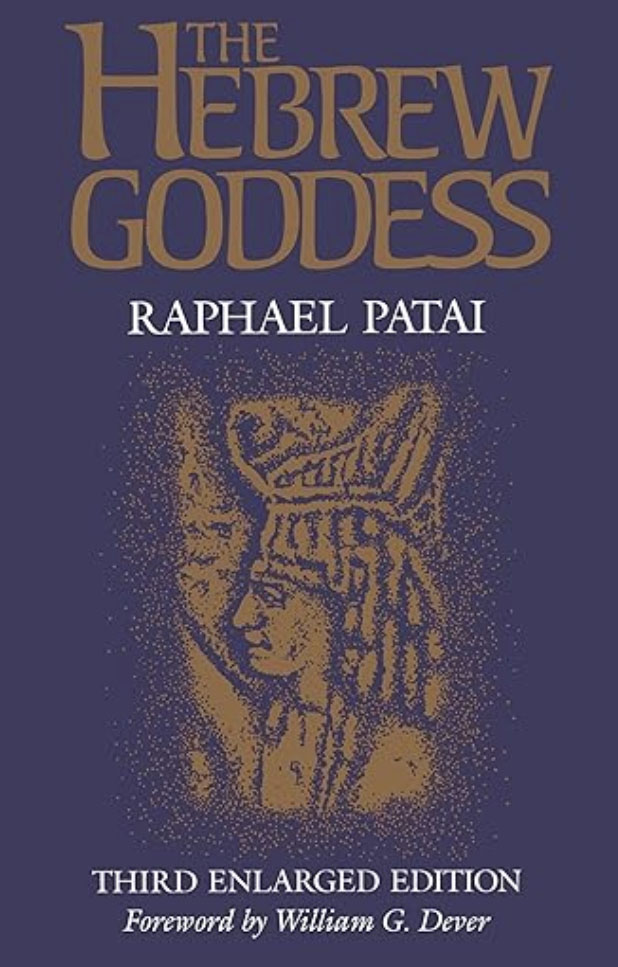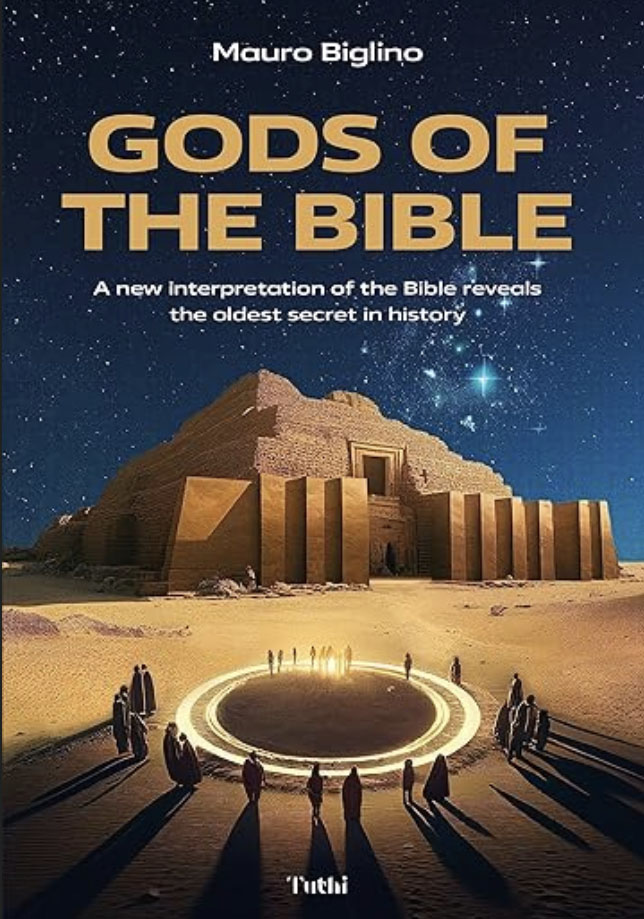Come,
my beloved
Let's
go early to the vineyards
There I will give you my love
—Song of Songs 7: 12-14
In 1995, Ariel and Chana Bloch published a lyrical new translation of the Song of Songs, laying bare its lightly veiled eroticism. The young unnamed lovers in this biblical poem fondle each other's metaphors and play with each other's similes, but surprisingly, they are not married. As the translators point out, "She and her lover meet secretly in the countryside at night and part at daybreak, so it is clear that they are not married."
As a schoolboy, I was taught that premarital sex is a mortal sin, roughly equivalent to murder. The girl next door gave me reason to doubt this, and I began to wonder, Why would God—who invented sex and said “Be fruitful and multiply”— Why would He condemn pubescent teens simply for following their God-given nature?
What did Jesus say about premarital sex? Jesus loved children. What was his advice to those imperiled souls on the treacherous path of puberty? What was his reading of the Song of Songs?
For hundreds of years people mistakenly believed that the Song of Songs was composed by King Solomon, whose reign was in the 10th century BCE. Modern scholars generally agree that linguistic and historical analysis point to a much later composition during the post-Exilic Persian period or early Hellenistic period between the 5th and 3rd centuries BCE. According to the translators:
The most reliable criterion for dating the Song would be language. After the Babylonian Exile in the 6th century BCE, Hebrew gradually came to be replaced by Aramaic as the major language of communication in Palestine. Hence the Aramaic portions in the late Old Testament books of Ezrah and Daniel, and the traces of Aramaic even in the Greek New Testament. Historically the language of the Song represents a transitional stage between classical Biblical Hebrew and the Hebrew of the Mishnah, a collection of oral law edited around 200CE, which likewise shows the imprint of Aramaic.
All these factors, taken together—the Aramaic influence, the similarity to Mishnaic Hebrew, the influence of the spoken idiom, the foreign loan words—suggest that the Song was written down in post-Exilic times, most likely in the Hellenistic period, around the 3rd century BCE.
Before it was written down, however, elements of the Song sprouted and grew in a dynamic oral tradition, rooted in ancient Sumeria. Some of those roots are still audible:
Verse 8:3 is a lightly veiled reference to the rather more explicit Sumerian Courtship of Inanna and Dumuzi describing the hieros gamos, the Sacred Marriage of god and goddess. :
Your
right hand you have placed on my vulva,
The Sacred Marriage was an act of sympathetic magic in which two earthly representatives or embodiments of god and goddess engaged in ritual sex in order to help with the cyclical, seasonal regeneration of life. In verses 8:1-3 the young woman’s reverie evolves from wishing that her lover was her brother, to being embraced like a goddess in the arms of a god. The catalyst for this transformation seems to be the spiced pomegranate wine that she gives to her lover after her mother teaches her something that is mysteriously unspecified. What does her mother teach her? Is it a secret? Are the spices entheogenic?
The Hebrew goddess of fertility was Asherah.
Springtime Springtime corresponds to puberty. The Song's Juliet experiences the sexual transformation of her body, and, as if by sympathetic magic, correlates this metaphorically with the budding, blossoming life around her. She wants to sneak out under the stars with her boyfriend and see if the pomegranate is in flower. The pomegranate, with its red juice and many seeds, was a primary symbol of uterine fertility.
Come,
my beloved
Let's
go early to the vineyards
There I will give you my love
The reader is invited to guess the meaning of “opening blossoms” and “budding vines,” adjacent to the flowering pomegranate with its red juice and many seeds.
In their commentary, Ariel and Chana seem to be of two minds on the significance of fertility in the Song of Songs. In one context, they rhapsodize about the lovers meeting in “an idealized landscape of fertility and abundance.” Elsewhere, they say that “fertility… is of no concern in the Song”
The Song of Songs is a poem about the sexual awakening of a young woman and her lover. In a series of subtly articulated scenes, the two meet in an idealized landscape of fertility and abundance... a kind of Eden... where they discover the pleasures of love.
Some of the images and motifs in the ancient Mesopotamian poems, detached from their original ritual context, may indeed have left their traces on the Song; an example of such an image is "Your right hand you have placed on my vulva, / your left stroked my head." But fertility, the central concern of the cultic rite, is of no concern in the Song. And, since the prophets emphatically denounced the fertility rites of their neighbors, it is unlikely that the Song would have found its way into the canon if it had anything to do with the copulation of the gods; human kisses were problem enough for the rabbis.
On the other hand, it’s possible that the Song “found its way into the canon” precisely because "anything to do with the copulation of the gods" was screened out by the Rabbis, just as Yahwist historians screened out favorable stories of the Hebrew fertility goddess in their post-Exilic redactions of Hebrew history. If it weren’t for the Biblical passages denouncing Asherah, we would know of her only from sources outside the Bible.
By contrast, Solomon and his many wives and paramours were big fans of Asherah. Her statues stood in many a local sanctuary, and Solomon built a temple for her in the capital city of Jerusalem. Thousands of figurines have been unearthed in the Levant bearing her likeness, and giving evidence of the people’s love for her and their prayers to her for healthy children. If there was an early version of the Song known to Solomon, it would have been significantly different from the version we have. Chances are good, that in Solomon's time, love songs had lots of nice things to say about the Hebrew fertility goddess, whose great blessing was a healthy baby.
In his book The Hebrew Goddess, Raphael Patai says the Hebrew goddess was a "central feature" of popular Hebrew religion in the polytheistic, pre-monarchic period of Hebrew history. "There can be no doubt about the psychological importance that the belief in, and service of, Asherah had for the Hebrews." In the origin stories of the remote past, Asherah was one of the friendly extraterrestrial Sky People who benefited humankind with knowledge of gardening, farming and medicine; whereas Yahweh was a war lord, obsessed with the acquisition of power and territory. According to Patai, "The Hebrew people, by and large, clung to the fertility goddess for six centuries, from the days of the conquest of Canaan down to the Babylonian Exile, in spite of the increasing vigor of Yahwist monotheism." In the Old Testament, this fidelity to Asherah is condemned as infidelity to Yawheh.
In the Canaanite religion, Asherah was the consort of the god El, who, like Yahweh, Jesus, and the Song's unnamed Romeo, was sometimes characterized as a shepherd. Later on, through a syncretic process, El and Yahweh were conflated, and Asherah became Yahweh's consort. Iconography found at Kuntillet Ajrud refers to "Yahweh of Samaria and his Asherah," and "Yahweh of Teman and his Asherah." However, Yahwist monotheists and henotheists denounced this syncretism as idolatry. In the 6th-2nd centuries BCE, Yahwist historians nearly wrote Asherah out of history, blaming their Babylonian captivity on polytheism and idolatry, and calling out Solomon in particular. In Solomon's time, Yahwist prophets were already pressing for the sole worship of Yahweh, and Yahweh was a jealous god:
I
am the Lord thy God, which have brought thee out of the land of
Egypt, out of the house of bondage.
In the Rules for War (Deuteronomy 20), Yahweh tells the Hebrews that it is gravely offensive to intermarry with women from nearby conquered cities. These women might turn a warrior's heart from Yahweh to Asherah; which was exactly Solomon's predicament, surrounded as he was by innumerable fans of the fertility goddess.
Threescore
are the queens,
Because of this danger of being seduced away by Asherah’s devotees, Moses had instructed the Hebrew warriors on how to treat the women from nearby conquered cities. Unlike the women from distant cities, they were not to be taken as sex slaves. Instead, they were to be slaughtered, along with the men, children and livestock:
You
must not spare the life of any living thing...
So, to avoid learning to do detestable things, the Hebrew warriors learned to do detestable things. Without mercy, sparing no one, they slaughtered women and sacrificed children on the alters of war. Zealous followers of Yahweh persecuted Asherah's devotees, destroying her sacred groves in the high places, and smashing the standing stones that commemorated her visitations with their ancestors. This conflict intensified after Solomon's reign, under the leadership of Kings Hezekiah and Josiah. [King Hezekiah] removed the high places, smashed the sacred stones and cut down the Asherah poles. He broke into pieces the bronze snake Moses had made. —2 Kings 18:4
High Places High places in the hills and mountains are the natural habitat of gods and goddesses. From the heights they can survey the grand panorama of life on Earth spread out at their feet. There, in the high places, the Song's Romeo refers to his Juliet for the first time as his bride, urging her to come away from the danger that is lurking there:
Oh
come with me, my bride, A fresh running stream traces their path from that entheogenic vista to a secret garden in the valley, bridging the gap between heaven and earth. The stream brings life-giving water from the heavens, and surges like a fountain in Earth's fertile recesses. As they make love, she is both the woman in the garden and the garden itself, an embodiment of the goddess. As the poet praises her beauty, he speaks to the Earth herself, to the Wellspring of Life; magically blending boy, girl, and garden:
An
enclosed garden is my sister, my bride Your
branches are an orchard of pomegranate trees spikenard
and saffron, cane and cinnamon, You
are a fountain in the garden,
This last verse is a bit ambiguous. Who is speaking? Is Juliet a fountain because of her power to give birth, or is it Romeo's fountain that is surging in Juliet's garden? Or is it both? The ambiguity is kind of delicious.
Ejaculations! 5:1 The consummation of the Song's Sacred Marriage is made explicit in verse 5:1. So in tune with nature is she that Juliet commands the wind, and uses it to draw her lover into her garden:
Awake,
north wind! O south wind, come, I
have come into my garden, According to the translators, this passage employs the Hebrew "perfect" verb:
The most typical role of the Hebrew perfect verb, especially in the Song, is to denote a narrative past and a completed action. In this case, the perfect implies consummation. In other words, this erotic encounter is real (not merely wished for, as some commentators would have us believe).
Au revoir Hurry,
my love!
The Song ends with the young woman urging her lover to run away. Why would she do that if they were married in any conventional sense? And yet he calls her his sister and bride. Did something special happen while they were enjoying the view in the mountains?
Sibling marriages were not uncommon among royal families of the ancient Near East. Marriage was often more about familial alliances, property, and social standing than about individual choice or romantic love; which is why the Song’s Romeo is so critical of King Solomon and his many wives.
Threescore
are the queens, One
alone is my dove, King
Solomon had a vineyard My
vineyard is all my own.
Bear in mind that the Song, as we have it, is a mixture of Greek, Hebrew, and Sumerian culture. The Hellenistic period, when the Song was first written down, was marked by the spread of Greek culture post-Alexander the Great, and brought a new focus on individualism and personal emotions, including romantic love. This period saw an increase in literature celebrating love, not just for procreation or social alliance but for its own sake. This could explain the Song's intense focus on the emotional and physical aspects of love, which might resonate more with Hellenistic ideals than strictly with earlier Israelite or Jewish norms where marriage was often more about alliance and lineage.
Ariel and Chana point out that the Song ends “with the motif of the lovers parting at dawn, as in the aubade of later traditions. An ending that looks forward in anticipation to another meeting:”
Hurry,
my love!
In their commentary, the Blochs contend that this final verse is frequently mistranslated:
Coming at the end of the Song, this request by the Shulamite—"Run away"—has caused difficulties for many translators, who prefer to read "flee with me," or "flee to me," or "come into the open," or the like. All these readings are unacceptable, since barah can only mean "to flee away from" someone, or something; nor is there any textual support for the suggestion that she asks him to run away with her. Rather, this final exchange between the two lovers, verses 8:13 and 14, evokes a familiar setting: the young man asking the Shulamite to let him hear her voice, as in 2:14:
My
dove in the clefts of the rock,
and she urging him to run away before sunrise so that he will not be caught, as in 2:17 (where sob "to turn" is likewise meant in the sense of "to turn away from the speaker"):
Before
day breathes,
The Song thus ends with the motif of the lovers parting at dawn, as in the aubade of later traditions. An ending that looks forward in anticipation to another meeting.
So from beginning to end, the lovers remain unmarried in the conventional sense, and their erotic encounters are real “not merely wished for, as some commentators would have us believe.”
What would Jesus say? What was his reading of the Song of Songs? What did he teach about premarital sex? Did he brandish the threat of hellfire? Did he counsel abstinence? Marriage at puberty? Or did he point out that girls and boys can please each other without risking pregnancy, and thereby put off parenthood until they are ready for such a demanding responsibility?
More to the point, what is Almighty God's judgement upon pubescent teens who commit the mortal sin of premarital sex? Are they doomed to burn in hell for all eternity? If God is Yahweh, and if Yahweh is God, then the answer is probably yes.
At this, God sent fiery serpents among the people; their bite brought death to many in Israel.—Numbers 21:4-6
Historian Paul Wallis tells the story:
There is a moment when the people of Israel are starving in the desert, and so they come to Moses and they say please can you get Yahweh to provide us with some food? And instead of providing them with food, he sends serpents, fiery serpents, to go in and attack the people.
Jesus alludes to this story in Matthew 7:9-11 and Luke 11:11-13.
There's a moment when Jesus says, "Which of you fathers, if your child asked you for food, would give him a snake? If your children asked you for bread, would you give them serpents? Now, if you who are evil know how to give good gifts to your children, how much more will your father in heaven give good gifts to those who ask?
Clearly, Jesus is distancing himself from Yahweh in this passage, making a sharp distinction between the Lord of the Serpents and our Father in Heaven. Yahweh bears little resemblance to a loving father. To Asherah and her followers, he’s more like a jealous, abusive husband. By his own admission, Yahweh is a jealous god, deeply troubled by the popularity of his rivals; and he covets their land. How is it that the Creator of the Universe and everything in it needs to acquire more land by means of war? How can it be that the Source of Love fears the loss of love?
Love is patient, love is kind. It does not envy, it does not boast, it is not proud. It does not dishonor others, it is not self-seeking, it is not easily angered, it keeps no record of wrongs. Love does not delight in evil but rejoices with the truth. It always protects, always trusts, always hopes, always perseveres. —1 Corinthians 13:4-8
I think we can safely add: that a loving father does not burn his children to death with fiery serpents for the “sin” of complaining about the food; nor is he likely to toss pubescent teens into an everlasting lake of fire for the “sin” of discovering sex. Anyone with a lick of common sense should be able to see that these punishments are wildly out of proportion to their supposed crimes; and therefore offensive to the sense of justice and fair play that God has written in the human heart. The fiery serpent story raises the question: Is Yahweh really God? If, as Paul said, “God is that in which we live, move, and have our being,” then who was Yahweh?
Who Was Yahweh? In the ancient origin stories, Yahweh was one of many Elohim. According to Mauro Biglino, expert in ancient languages, the word "Elohim" is mistakenly translated as “God” in the Bible, but the word is plural, and the Hebrew root means "powerful ones."
Who were the powerful ones? The origin stories in Genesis are shortened versions of much older stories from Sumeria. The unredacted Sumerian stories state plainly that the powerful ones were visitors from the stars, the Sky People. Yahweh, like Asherah, was one of these powerful extraterrestrials, and Jesus knew the difference. When Jesus spoke of his Father in Heaven, he was not speaking of Yahweh. Throughout the New Testament, he never mentions the name Yahweh. As his disciple Paul elucidated: Our Father in Heaven is the Creator of the Universe and everything in it; the Source of Life, Consciousness, and Love; that in which we all live, move, and have our being…
More about the Sky People with Paul Wallis. Paul tells the story of Jesus, Yaweh, and the Fiery Serpents: https://youtu.be/pjiK9912z3U?t=1302
Amazon Books
|




